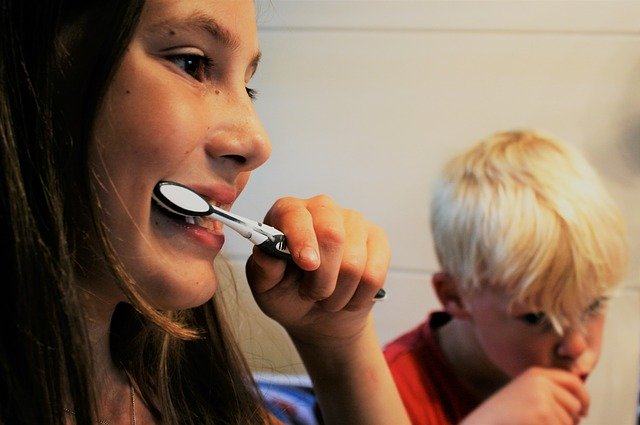
Do You Brush Your Teeth Properly?
Getting your child to have good oral habits should start early. As soon as your child’s first tooth starts to come in, the brushing should start. By the time of their first birthday, your child should have already made their first visit to the dentist, a visit that should continue every six months for then on. While the dentist can do a lot to help your child, the majority of their oral health is in their own, and your, hands. Teaching your child good oral habits at home will help them remain in good health as they grow older.
Many parents may think that these good habits can wait until the time comes closer when permanent teeth will be coming in. However, baby teeth are actually very important to the future oral health of your child as they are used as placeholders and guides for the permanent teeth that come in behind them. Without these primary teeth serving as a guide, the permanent teeth that follow may come in the wrong areas creating overcrowding and other issues that will require future orthodontic care. Another reason why you should teach your child these habits early is that children tend to follow the habits that they learn early in life. Getting them to perform good habits early will follow them throughout their life.
Considering how important it is to teach your child good habits, you may immediately start thinking of tips and tricks to get them to brush and floss. While this is important, you also need to teach your child the basics of brushing. Here are some of the things that you need to teach your child when they start brushing their teeth.
Brushing Basics
It’s not enough just to brush your child’s teeth, you want to make sure that they’re thoroughly cleaned and that they know how to brush them. Eventually, your child is going to want to have some independence when it comes to his or her oral care and will want to brush their own teeth. Getting them to bush thoroughly in a circular motion around the teeth will ensure that once they get to the point where they are brushing themselves, they are doing so using proper technique and thoroughly cleaning the whole tooth.
Similarly, you’ll want to make sure that you’re teaching your child the proper flossing techniques for future oral success. While brushing is an important part of dental health, failing to floss twice a day as well can lead to future problems such as gum disease. Teaching your child proper techniques for flossing can help them to avoid such a fate.
Replacing a Toothbrush
While it may not seem like it, your child is picking up on the habits that you’re teaching them from an early age. This includes the equipment that you provide for them to perform the brushing. The American Dental Association (ADA) recommends that you replace your toothbrush about every three to four months. To ensure a good brushing, the bristles of your brush should be soft. Once they start to fray, it’s time to get a new brush.
By replacing your child’s toothbrush as needed at a young age, they’ll pick up on the importance of replacing their toothbrush every three to four months. Doing so will become natural rather than something that they might forget to do.
